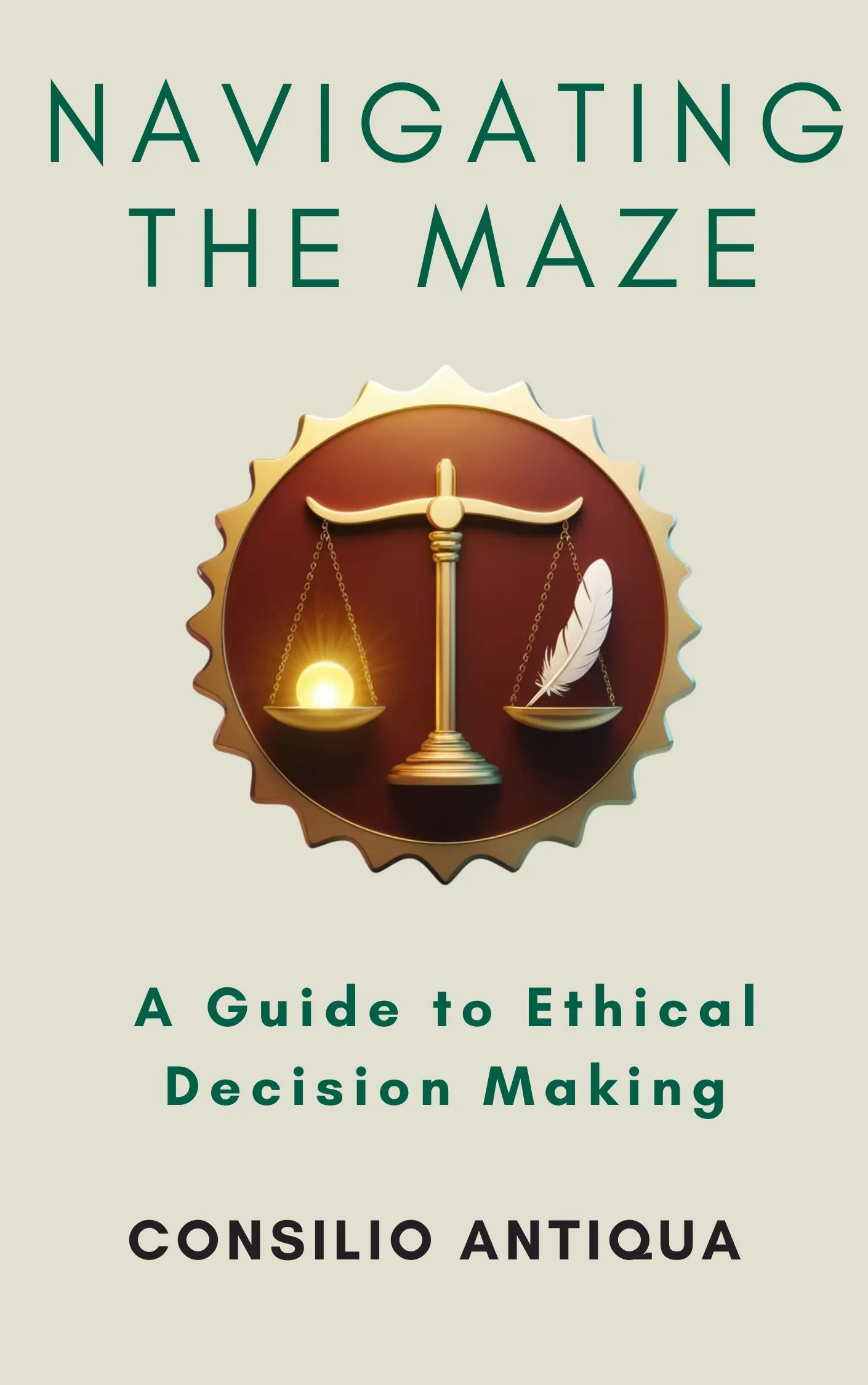
Navigating the Maze | 7: Healthcare Ethics: Balancing Care and Justice
7: Healthcare Ethics: Balancing Care and Justice
Let's dive into a world where a doctor's heart aches because they have to choose between saving a life and the hospital's budget. It's the messy, beautiful, and sometimes heartbreaking world of healthcare ethics, where doing what's right isn't always black and white.
Healthcare, unlike selling shoes or fixing cars, deals with something precious: people's lives and well-being. That's why ethics aren't just an afterthought—they're the backbone of everything healthcare professionals do. We're talking about principles like autonomy (a fancy word for respecting a patient's right to call the shots about their own body), beneficence (doing good by your patients, even when it's tough), non-maleficence (the "do no harm" oath), and justice (making sure everyone gets a fair shot at healthcare, regardless of their background).
Think about Maria, a vibrant young woman who needs a kidney transplant. The perfect donor is her brother, but he's terrified of surgery. Does the doctor push him, reminding him it could save Maria's life (beneficence), or do they respect his fear and right to say no (autonomy)? It's a tightrope walk, and there's no easy answer.
Or picture Dr. Chen, who works in a bustling city hospital. He has two patients needing a liver transplant, but only one liver available. One patient is a young mother, the other an elderly professor. How does he decide who gets a second chance at life? This is where justice comes in—trying to distribute limited resources fairly, even when it feels impossible.
Healthcare ethics isn't just about big, dramatic decisions. It's in the everyday moments, too. Like when a nurse gently explains a complicated procedure to a scared patient, making sure they truly understand their options (autonomy). Or when a pharmacist takes the time to find a more affordable medication for a patient struggling financially (justice).
Now, let's talk about some of the really tough stuff. End-of-life care, for instance. Imagine a family gathered around a loved one who's been on life support for weeks. The doctors say there's no hope, but the family can't bear to let go. How do you balance the patient's wishes (if they expressed any) with the medical reality and the family's grief? It's a conversation filled with compassion, respect, and a whole lot of tissues.
Then there's the issue of confidentiality. What if a therapist learns that their patient, who's struggling with anger issues, has made threats against someone? Does the therapist break confidentiality to protect the potential victim (non-maleficence), or do they uphold their patient's trust, hoping they can de-escalate the situation (beneficence)? It's a moral maze with no easy exits.
So, how do healthcare professionals navigate this ethical minefield? Well, it starts with listening—truly listening—to patients and their families. It means understanding their values, their fears, and what matters most to them. It's about having honest conversations, even when they're uncomfortable. And it's about seeking guidance from colleagues, mentors, or even ethics committees when the path forward seems unclear.
Healthcare ethics isn't about finding the "right" answer in a textbook. It's about wrestling with complex questions, acknowledging the gray areas, and making decisions that align with your values and the best interests of your patients. It's about being human, compassionate, and always striving to do what's good, even when it's hard.
Because at the heart of healthcare ethics lies a simple, powerful truth: every patient deserves to be treated with dignity, respect, and the best possible care, no matter what.
